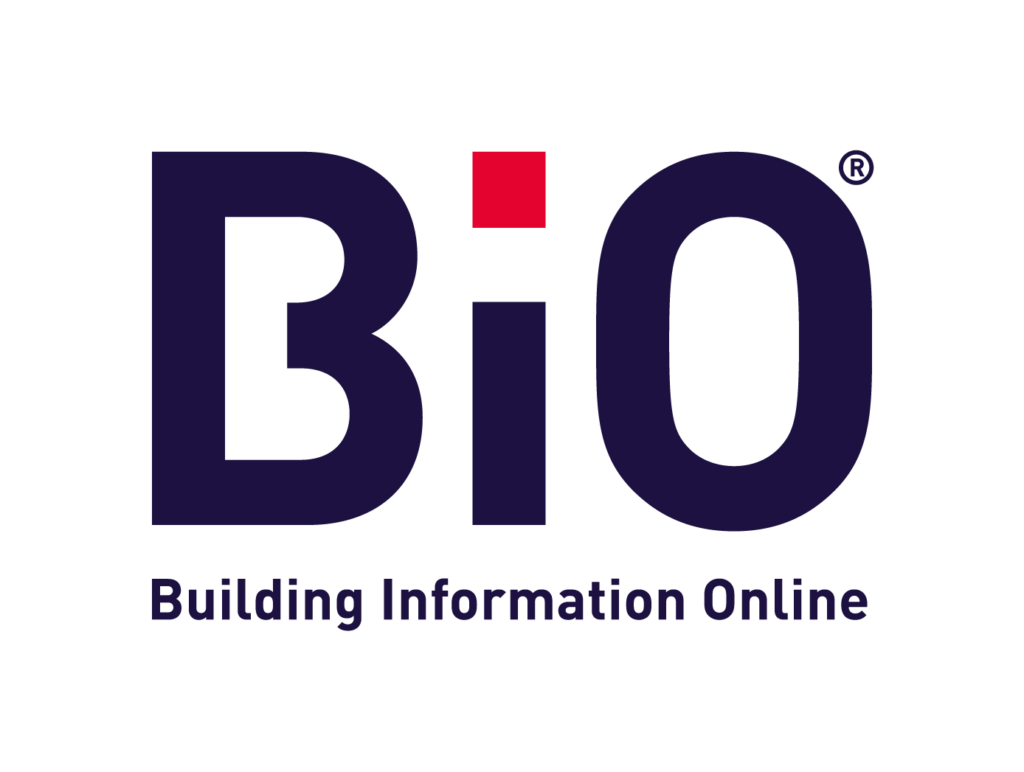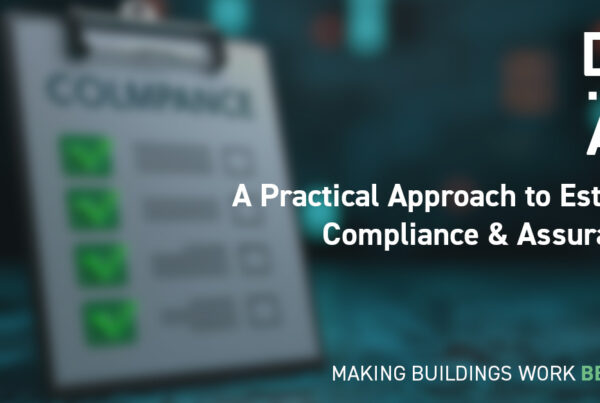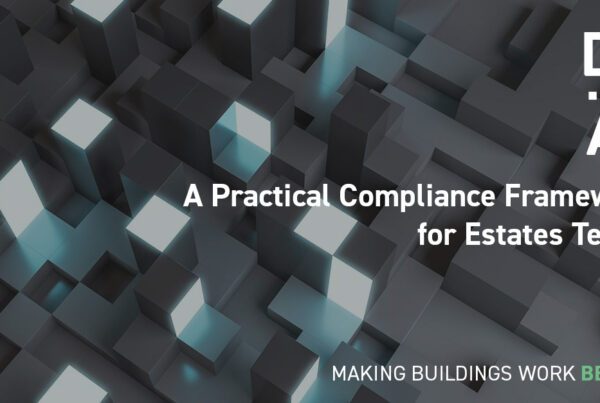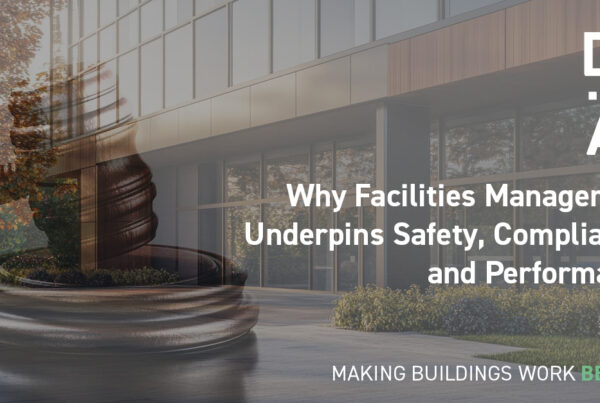
The Sustainability Mandate – Understanding Your Duties Under the Academy Trust Handbook (2025)
What the Academy Trust Handbook 2025 means for sustainability, estates, and carbon reporting
On the 1st of September 2025, the Academy Trust Handbook (ATH) 2025 introduced new expectations around sustainability, energy management, and carbon reduction for trusts across England. While the Handbook has always set out the rules for governance, finance, and accountability, this edition makes it clear that environmental responsibility is now a statutory priority for academy trusts.
For trust leaders, this shift means sustainability is no longer a “nice to have.” It is a core governance and compliance issue, carrying both reputational and financial implications. This blog, part one of a four-part series, unpacks the duties in the 2025 Handbook and explains what they mean for trustees, accounting officers, and estates teams.
What the Academy Trust Handbook 2025 Says
The ATH 2025 emphasises that trusts must:
- Measure and report on energy consumption, emissions, and environmental impact, in line with the DfE’s Sustainability and Climate Change Strategy.
- Comply with Streamlined Energy and Carbon Reporting (SECR) requirements, ensuring annual disclosures are accurate, auditable, and transparent.
- Develop and maintain an estates strategy that incorporates carbon reduction and sustainable asset management.
- Embed sustainability at board level, ensuring that trustees and accounting officers understand their role in steering the trust toward net zero commitments.
In practice, this places sustainability alongside finance, safeguarding, and educational standards as a governance duty. Non-compliance is no longer simply poor practice—it risks drawing the attention of regulators, auditors, and parents.
SECR Thresholds and MAT Reporting
It’s estimated that over 520 MATs, representing more than 4,200 academy schools, are required to comply with SECR. The nature of education being both staff- and buildings-intensive often pushes trusts over the reporting thresholds.
SECR Thresholds for MATs
A MAT is considered in scope if it meets two or more of the following criteria:
- Turnover (gross income) of £36 million or more
- Balance sheet assets of £18 million or more
- 250 or more employees
In addition, the trust must consume more than 40,000 kWh of energy annually in the UK (covering electricity, gas, and transport fuel).
Reporting is carried out at the trust level (group level), not per individual school, unless the trust is structured differently. Subsidiaries are included unless they would not independently qualify.
Why Non-Compliance with SECR Is a Risk You Can’t Ignore
Failure to comply with SECR obligations carries serious legal, financial, and reputational consequences.
Penalties include:
- Rejection of annual accounts by Companies House
- Late filing penalties ranging from £150 to £7,500
- Civil fines up to £50,000 from the Financial Reporting Council (FRC)
- Public censure, damaging trust reputation and stakeholder confidence
- Director accountability, including potential prosecution for persistent breaches
For MATs, this makes SECR compliance not just a sustainability measure but a core governance responsibility. The risks span several dimensions:
- Legal: Failure to meet duties may breach SECR and the Companies Act 2006. Trustees can be held accountable for omissions or misreporting, particularly where energy and emissions data is inaccurate.
- Financial: Non-compliance may trigger qualified audit opinions, raising concerns with the Education and Skills Funding Agency (ESFA). Energy inefficiencies also inflate operating costs and trusts risk missing out on funding opportunities tied to decarbonisation, such as DfE capital grants and Salix loans.
- Reputational: At a time when parents, staff, and pupils expect visible climate action, failing to demonstrate progress can significantly undermine trust reputation and stakeholder confidence.
In short, non-compliance places MATs at risk of legal challenge, financial penalties, and reputational damage, all of which sit firmly at the governance level.
Linking to the DfE’s Sustainability Strategy and SECR
The Handbook doesn’t exist in isolation. Its new focus mirrors the DfE’s Sustainability and Climate Change Strategy (2022), which sets targets for:
- All schools to have a sustainability lead by 2025.
- Net zero education estate by 2050.
- Climate action plans across the sector.
Alongside this, trusts that meet SECR thresholds must disclose energy and carbon data annually. Even smaller trusts outside SECR scope are expected to adopt best practice, as per the ATH 2025, ensuring a level of consistency across the sector.
By aligning the Handbook with SECR and the DfE’s strategy, the government is making clear that carbon literacy and emissions reporting are as much a governance responsibility as finance and safeguarding.
The Role of Governance and Leadership
The Handbook highlights the need for governance-level leadership. Boards must go beyond passive oversight to actively embed sustainability into trust strategy.
Practical steps include:
- Appointing a Sustainability Lead or Leadership Team at governance level.
- Integrating sustainability into board agendas, not just estates meetings.
- Ensuring accounting officers understand their role in certifying sustainability data.
- Aligning sustainability objectives with financial and risk management frameworks.
In short, sustainability should no longer be treated as an operational afterthought. It is a board-level responsibility with statutory weight.
Why This Matters to Trusts
Embedding sustainability is not only about compliance—it’s about resilience. With rising energy costs, climate-related risks, and increased scrutiny, trusts that act decisively will:
- Protect financial stability by reducing avoidable energy spend.
- Future-proof estates against regulatory change and climate impact.
- Demonstrate social responsibility, strengthening their reputation with communities, parents, and Ofsted.
- Support pupil learning by modelling sustainable behaviours and creating healthier learning environments.
This is not just governance box-ticking—it is part of delivering on the educational mission.
Where DMA Group Can Help
We understand the challenges trusts face in translating policy into practice. Our experience across the education sector means we can support trusts at every stage of their sustainability journey.
We help by:
- Conducting BMS assessments to uncover hidden inefficiencies.
- Delivering energy and sustainability audits to support SECR compliance.
- Assisting boards and estates teams to align with the DfE’s sustainability and climate strategy.
- Supporting the development of estate strategies, including establishing baselines, carrying out asset and condition surveys, and creating capital replacement plans that place sustainability at the heart of every decision.
By combining technical expertise with governance awareness, we help academy trusts not only meet their statutory obligations but also optimise performance, reduce costs, and thrive in a sustainability-driven education sector.
Ready to understand where your Trust stands on sustainability?
We can offer Trusts sustainability reviews or BMS assessments to highlight opportunities for improvement and ensure you’re fully aligned with the Academy Trust Handbook 2025.
Get in touch today to book your review.
Read Part 2:
The Academy Trust Handbook 2025 requires trusts to embed sustainability, but how do you turn policy into practice?
In Part 2 we explore:
- Setting carbon baselines with audits and data
- Carbon literacy training for leaders and governors
- Tackling Scopes 1–3, plus embodied carbon in projects
- Using BMS systems to track and cut emissions
We also share our five-phase improvement model to help trusts deliver measurable results.





